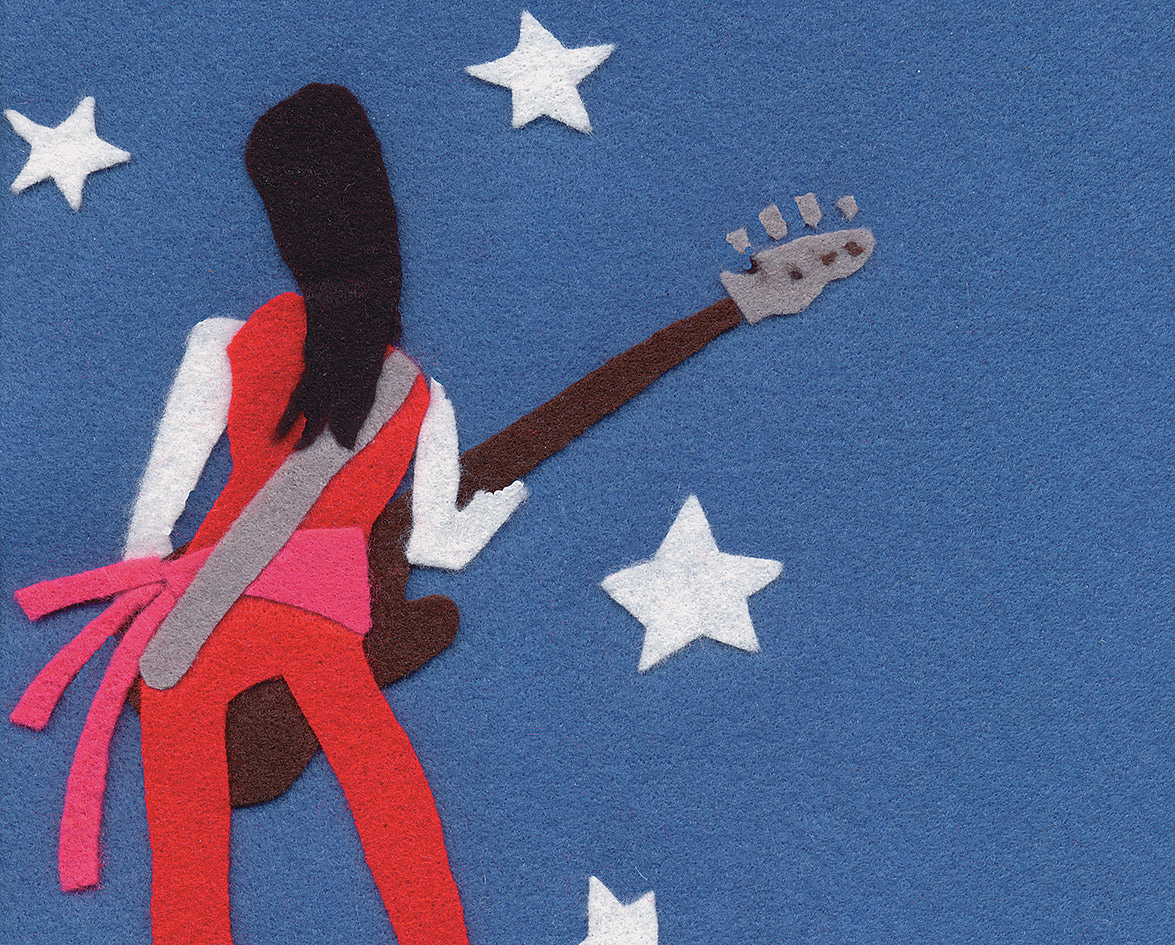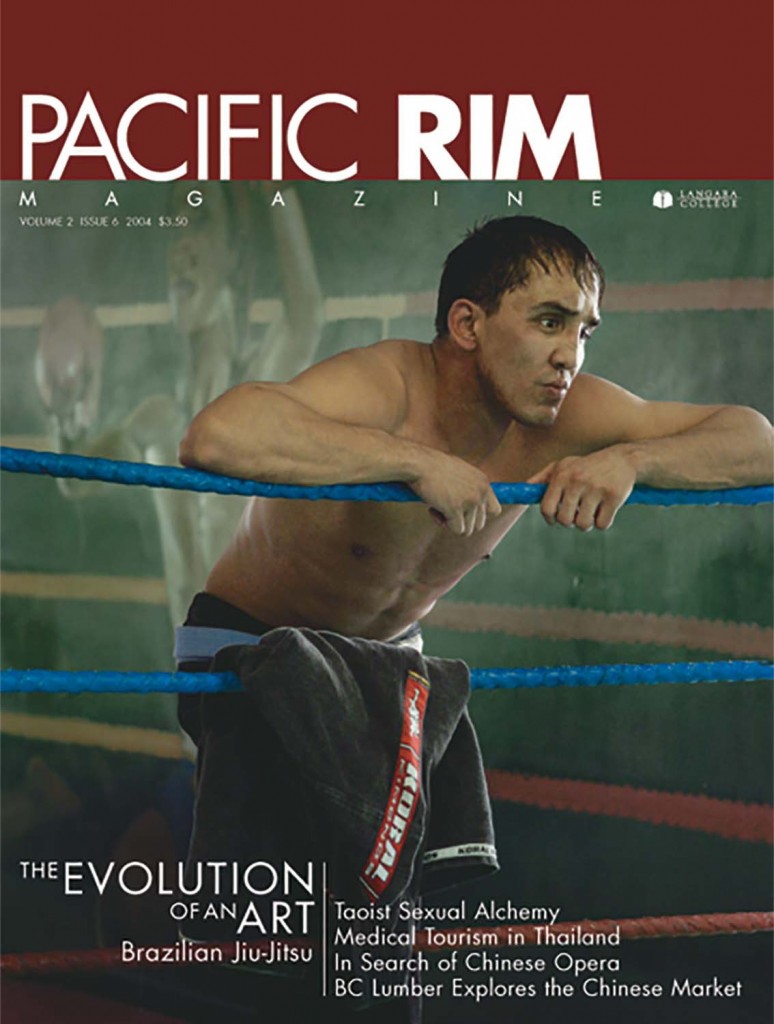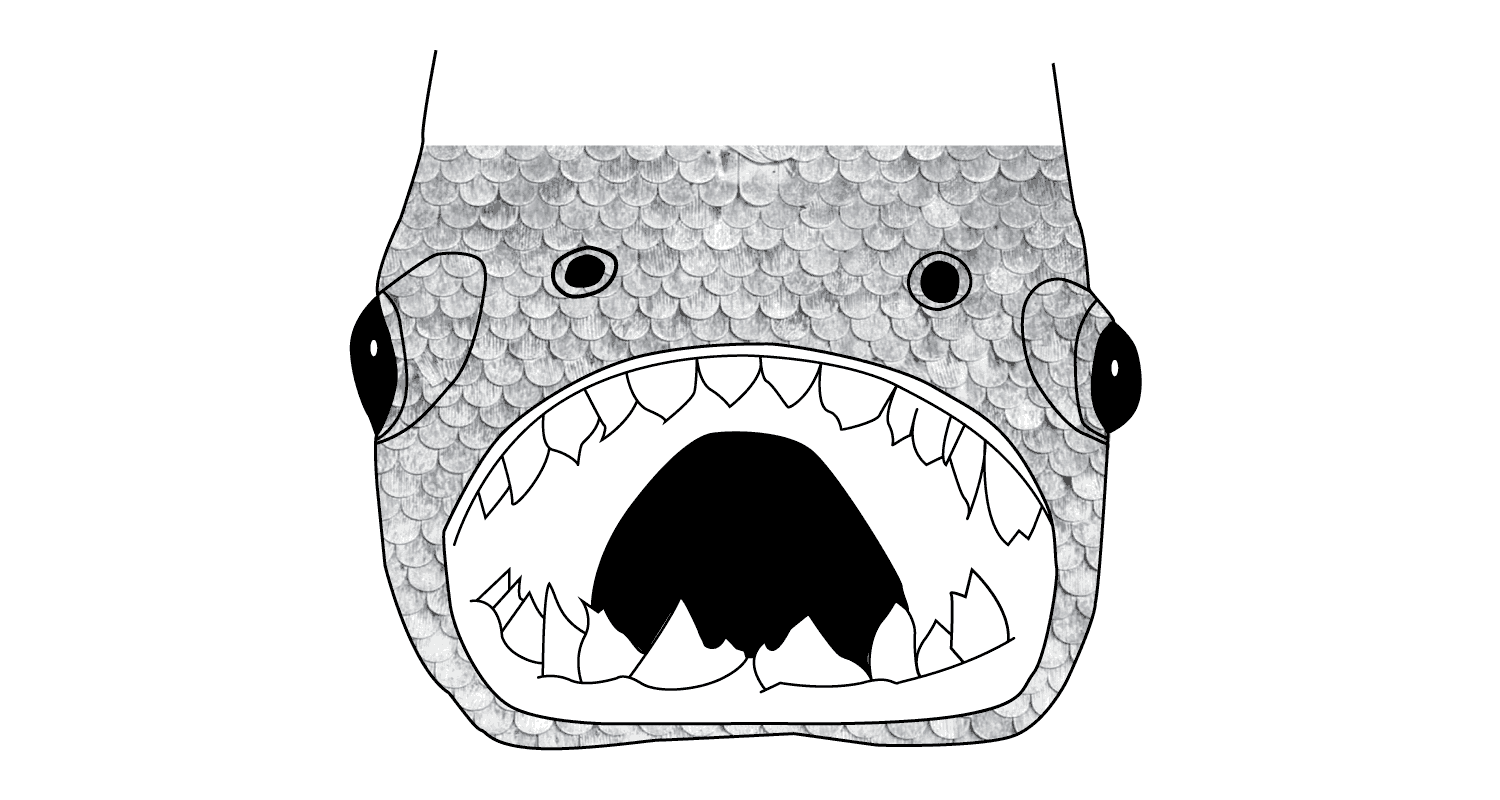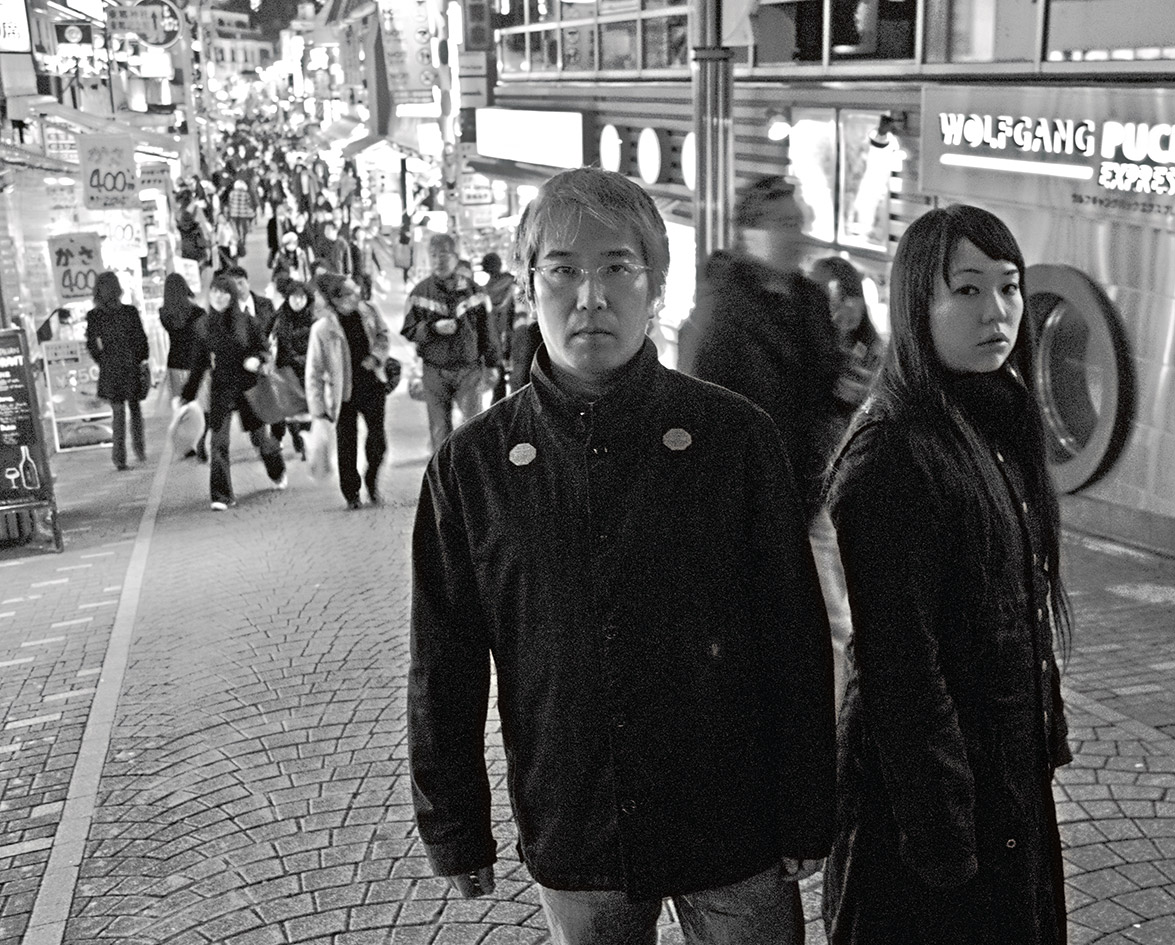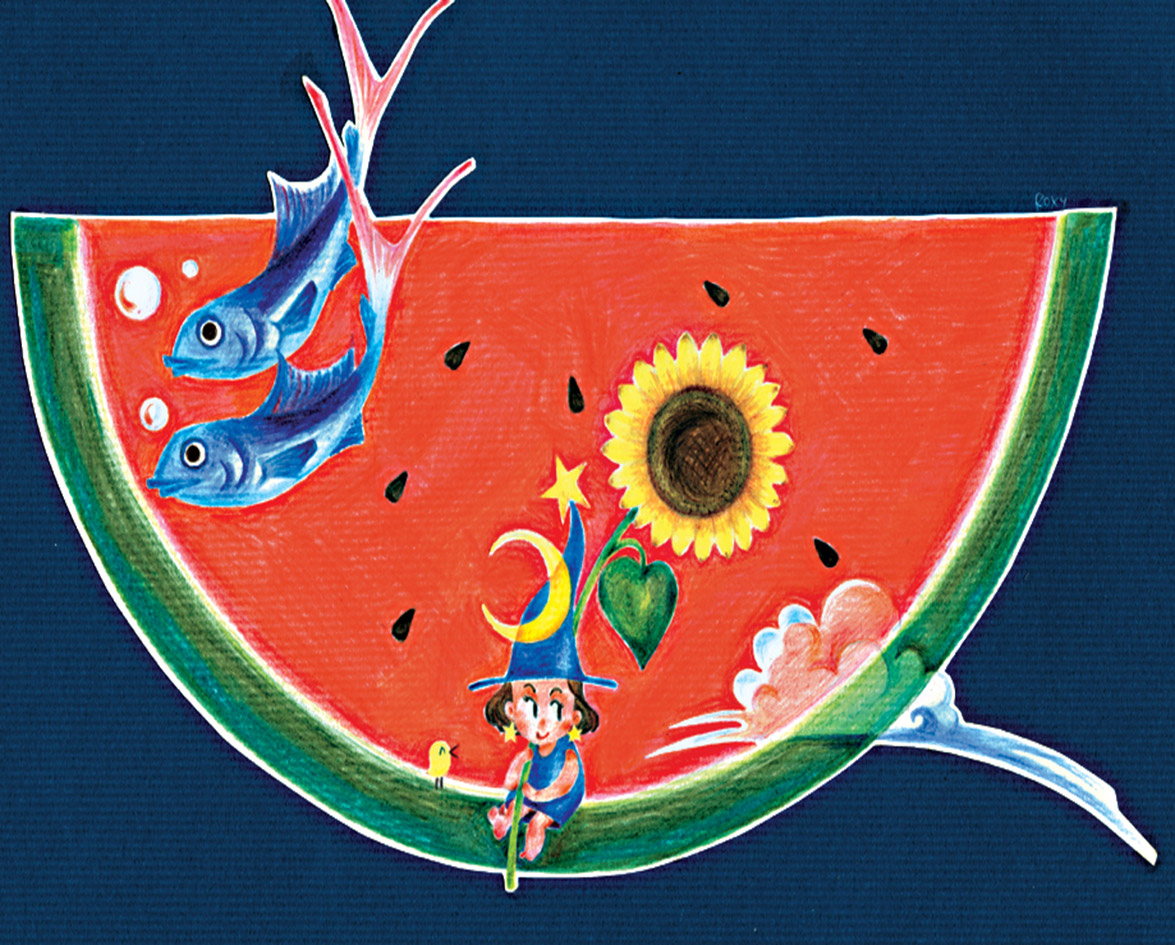The music is abrasive, loud and subversive. It incites the listener emotionally—by filling the void of angry youth with the sounds of crashing cymbals and distortion guitars, or by causing those less open to rage to recoil in disgust. The tortured screaming of the singer fills every decibel with words of hate, hopelessness and pain. The music is textured and complex, with primal expression at its core. This is hardcore: punk rock, death metal, noise, gothic industrial.
These diverse and loud music genres were born out of the turbulent seventies. Socially disenfranchised white youth of North America and Great Britain joined subcultures that not only demonstrated their mistrust of government and civic authority, but also offered an alternative to the mainstream rock and roll, which had ceased to be the voice of youth.
Reclaiming Music To Voice Dissent
As these genres grew and permeated the mainstream, young people no longer felt that their dissent was being voiced. Capitalism had changed the face of traditionally anarchical music. It made it palatable for the rich middle class and the profit-driven airwaves that relied on image-conscious corporate sponsors. This commodification of culture has drained the original political intent out of countless musical projects and turned them into vacuous trends made to sell records and merchandise.
The hardcore scene in Japan, growing in popularity and strength, provides a compelling example. Influenced by the aesthetics of its western counterpart, Japanese hardcore, known as grind, raises numerous questions about its ability to deal with issues of marginalization while working within the hyper-commercialized music industry. For anti-establishment subcultures, the trend in grind music to use English lyrics may force listeners to question the genre’s authenticity. Vancouver musician and arts and culture analyst, Elizabeth Milton, says this is “a clear indication of the cultural effects of globalization.”
The commercialization of Japan’s music scene can be tied to the culture itself. Long known for being a world economic power, the going stereotype is that modern Japan has created a culture of capitalists. Irman Hilmi, webmaster of j-underground, one of the most visited Japanese hardcore music websites, has written extensively about the commercialization of the genre. “In Japan everyone’s a capitalist, including the musicians and bands who preach about oppression and scream ‘justice and liberty’ to their so-called government.” If, as Hilmi believes, this is true about Japanese bands, then are the so-called anti-establishment artists contributing to the same establishment they purport to decry? While the English language opens up the potential for increased record sales, does it place grind music in league with the capitalists, or is it being used pragmatically, as the most efficient medium through which to reach the widest audience?
Educator and musician Roger Young believes the use of English can be beneficial to the subversive intent of grind music. “Using English allows for a larger listening audience. That, in turn, means that the message will have a greater effect.” There is no simple explanation for why grind bands use English. “There are some bands out there just to make money,” comments Young. “To lump all of them together because both sides utilize English as their platform would be dangerous.”
Using English In Japanese Grind Music
Young believes that the use of English in grind music is anti-establishment in its own right. He sees it as Japanese youth rebelling against a restrictive traditional society. “To embrace English as your channel of expression is, in a sense, a way of turning your back on many traditional values that are associated with Japanese society.” In Young’s opinion this is because many of the older generation do not speak English. The younger generation, through its exploration of English, is finding its own identity.
The question of content is also raised. One of the most famous grind music bands, Melt Banana, has lyrics comparable in proficiency to a low-level ESL student. But that’s beside the point, believes music therapist Christopher Rippin. “They still manage to get their point across using sound versus lyrical content.” It seems that the supposed liberation of using English falls second in significance to the genre’s challenging musical form. Aesthetic rebellion from conventional pop music remains just as important as citing the ills of capitalism.
Political scientist and former Japanese resident Kap-Yong Park believes the use of the universal tongue is not simply for mass consumption in music, but rather to unite subcultural pockets that would otherwise be fragmented throughout the world. Milton agrees: “Post-modern culture tends to breed compartmentalized and highly individualized subcultures that are simultaneously exclusive and global.” Musically speaking, Japanese grind bands like Boris, Corrupted, Bathtubshitter and Congenital Haemorrhoids could be blasting from the headphones of any Vancouver teenager and be easily mistaken for any number of North American hardcore bands.
Although underground music from around the world usually involves some kind of cross-cultural exchange, this is not the case with pop music. How often does the average Canadian pop music lover dabble in the world of Asian pop? “Not often,” says Milton. “Mass culture or popular commercial forms remain dominated by the American market, hardly allowing for the voices of other cultures to be heard on a comparable scale.” This is in contrast to the unification of various underground scenes. Like the Japanese grind movement, they attempt to spread a message that is both politically and sonically challenging without falling victim to the whitewash of commercial interests.
Grind music continues to screech its lyrics, blare its guitars, crash its cymbals and incite anarchic glee into the eardrums of its listeners. Like its predecessors, punk and noise, grind music attempts to revive rebellion without succumbing to commercial caricature. While one may be critical of grind music’s usage of the English language, it is important not to condemn the genre for being unable to live up to impossible expectations. As Young says, “Music is not autonomous from culture.” Although one may attempt to subvert the dominant system, one is never fully outside of its language.





